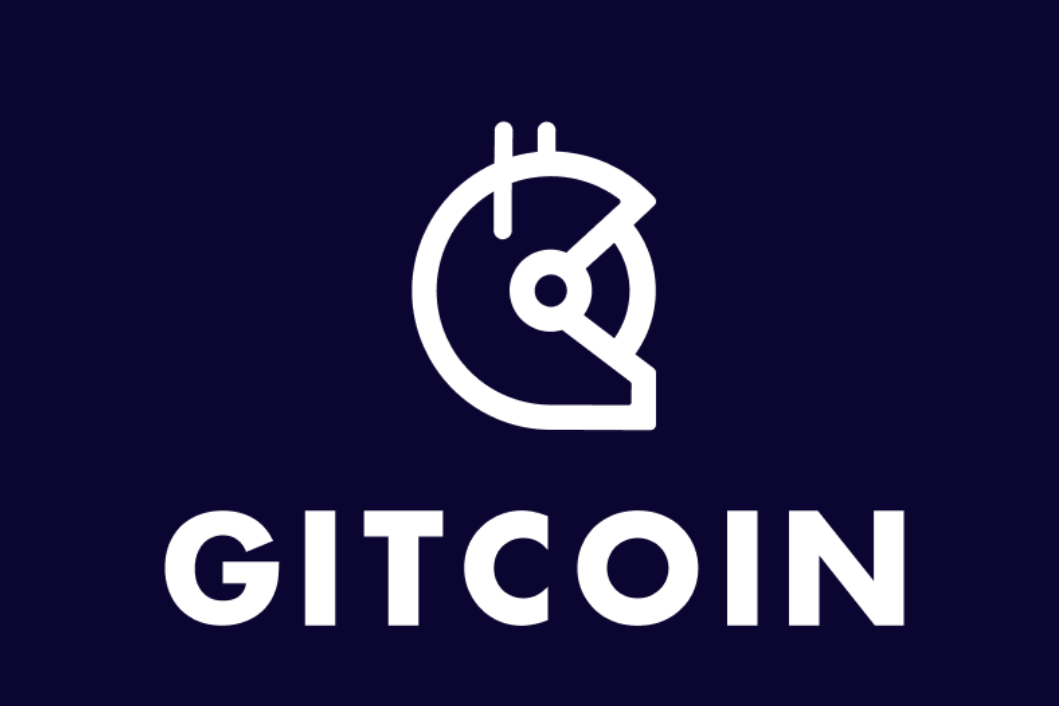Benzinga was given a chance to talk about Gitcoin’s impact with its founder, Kevin Owocki, following his talk at EthCC 5, July 19-21, in Paris.
What Happened: This came after the most recent Gitcoin fundraising round closed raising just over $5.1 million.
Gitcoin, the largest crowdfunding platform in the Ethereum ETH/USD ecosystem, uses quadratic funding to optimize for the many rather than the few.
By using quadratic funding, Gitcoin runs a fund matching campaign of $3 million and grants it to the most popularly voted upon grant.
Gitcoin released “Gitcoin Passports” this summer to ensure individuals were not spinning up numerous different wallets to act as many different participants, known in the industry as a Sybil attack. The passport acts as a form of Sybil resistance, and it helps to guarantee that the funds are granted to the many, not the rich few.
“So I see this opening up a whole new epoch of innovation in the Web3 space. Importantly, it’s an innovation for every day people. More democratic innovation, not just hyper finance, like DeFi stuff,” said Owocki.
When asked about the success Gitcoin has had, Owocki said, “There’s another category of runaway hits that I’m really excited about, Uniswap and Yearn.finance are Gitcoin alumni. And, you know, now those are billion dollar successful projects, but before that, they started off on Gitcoin.”
Climate Change: While Gitcoin has helped start some of the most successful projects in the Web3 ecosystem and provided numerous resources for digital public goods, Owocki seemed most excited that Gitcoin had begun funding for the real-world public good.
“We’re in Paris during a record heat wave. I believe that climate change is real. We’ve done a lot of climate rounds on Gitcoin grants, so just seeing carbon capture projects on the blockchain like ClimaDAO as alumni of Gitcoin grants has made me really proud that we’re funding not only digital public goods, but real-world public goods, too,” said Owocki.
“And, you know, climate change is a global coordination failure. And I really think that crypto could be a force for good when it comes to climate solutions.”
Fundraising, the Bear Market and Crypto: Fundraising for anything can be difficult, and with many crypto portfolios down more than 80% from their peak, it would seem Gitcoin may struggle in such an environment.
When asked about this dilemma, Owocki gave a rather positive spin on the situation: “Well, this is Gitcoin’s second bear market. It survived 2019 and 2020 because we actually have pretty strong revenue streams. I do think that we’re going to see a higher signal-to-noise ratio as people who come because they’re really interested in the technology, not just because they’re interested in getting rich quick. And I think that we’re going to see a lot of new innovative projects emerge out of the bear market, just like we did in 2019.”
Building in the bear market has become a popular theme, both at EthCC 5 and in the broader ecosystem. The bear market naturally removes many ill-intended individuals from the space, leaving the truly passionate builders who see crypto technology as a vehicle for decentralization and good. Owocki explained what he expected to see rising from the current bear market.
“So typically we see a 2.0 version of something that already exists, and then we see one or two new things. So, I think we’ll get a DeFi 2.0 or 3.0. I think we get NFTs 2.0. We’ll probably get capital formation 3.0 like ICOs and ConstitutionDAO and then whatever is after that I think we’ll get.
“And my hope for the new stuff is there will be more democratic DAOs, Sybil resistant DAOs, impact DAOs. I think that that’s what I’m hoping to see. And that’s the future I’m hoping to realize with Gitcoin.“
Why It Matters: Only time will tell what emerges from this bear market, but one thing was made clear: developers are putting in the work now. While some see crypto bear markets as the death of the industry, those who have been around for some time know this is when the industry is pushed forward.
Image and article originally from www.benzinga.com. Read the original article here.

